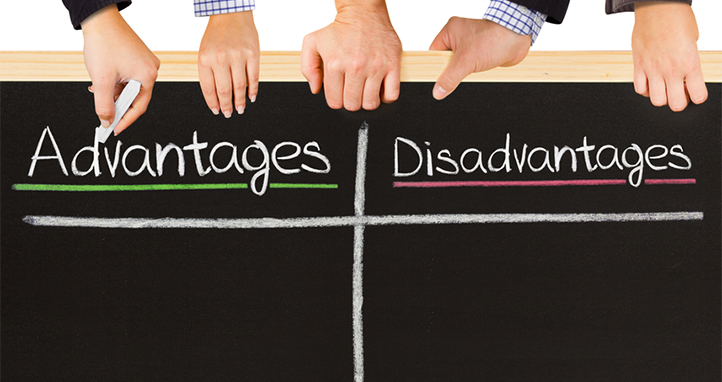
The Advantages & Disadvantages of a Fixed Rate Mortgage
Fixed rate mortgages are the most popular type of mortgage in the United States and with good reason. These are simple, straightforward loans where the monthly payments never change. However, while a fixed mortgage works well in many situations, it’s not the best choice for everyone. It’s important to know if you should choose a fixed rate mortgage or not by understanding both the advantages and disadvantages of a fixed rate mortgage before making a decision.
Advantage 1 – Payments will never go up
When you lock in a fixed rate mortgage, you never have to worry about a surprise price jump. Your monthly payments will stay exactly the same for your entire mortgage loan. In comparison, a variable mortgage can change your monthly payments based on market interest rates .This can be stressful because your monthly payments could potentially go up by hundreds of dollars a month. With a fixed rate mortgage, this will never happen.
Disadvantage 1 – Payments will never go down
While your monthly payments on a fixed rate mortgage will never go up, they’ll never go down either. If you sign up when market interest rates are high, you’ll be stuck with your higher payments when rates fall back down. Your loan won’t automatically adjust to lower payments like an adjustable mortgage. You could refinance your mortgage to a new loan at the lower rate, but this costs money. If mortgage rates are high, it may be worth delaying a fixed rate mortgage and starting your loan at the lower adjustable rate first.
Advantage 2 – Creates a predictable budget
Budgeting with a fixed rate mortgage is easy. You know exactly how much you’ll be paying each month for your house. As a result, it’s easy to figure out what you’ll have left for everything else. This isn’t the case with an adjustable mortgage. Since your payments are constantly changing, you need to be more cautious with your savings because you never know when you might get hit with a sudden increase. As a result, a fixed rate mortgage is a less stressful product.
Disadvantage 2 – Higher initial cost
When you sign up for a fixed rate mortgage, you’re going start paying more per month than you would if you had signed up for an adjustable mortgage instead. Since banks can’t adjust your payments when interest rates go up, they’re taking on more of a risk by locking in your monthly payments. Expect to the monthly payments to be significantly higher on a fixed rate mortgage than on an adjustable mortgage for the same house.
Advantage 3 – Lower long-term cost
While a fixed rate mortgage starts out more expensive than an adjustable mortgage, in the long-run these loans usually work out to be a better deal. Over time, payments on an adjustable mortgage go up and eventually start costing more than fixed rate mortgage so you save money by locking in a rate. The breakeven point is usually around seven to ten years. If you plan on staying in the same house for more than this time, it most likely makes sense to take out a fixed mortgage.
Overall, a fixed rate mortgage works well for people who want predictable payments, plan to stay in their house long-term, and don’t mind paying more upfront. If you’re in this situation, a fixed rate mortgage could very well be the right home loan for you.

